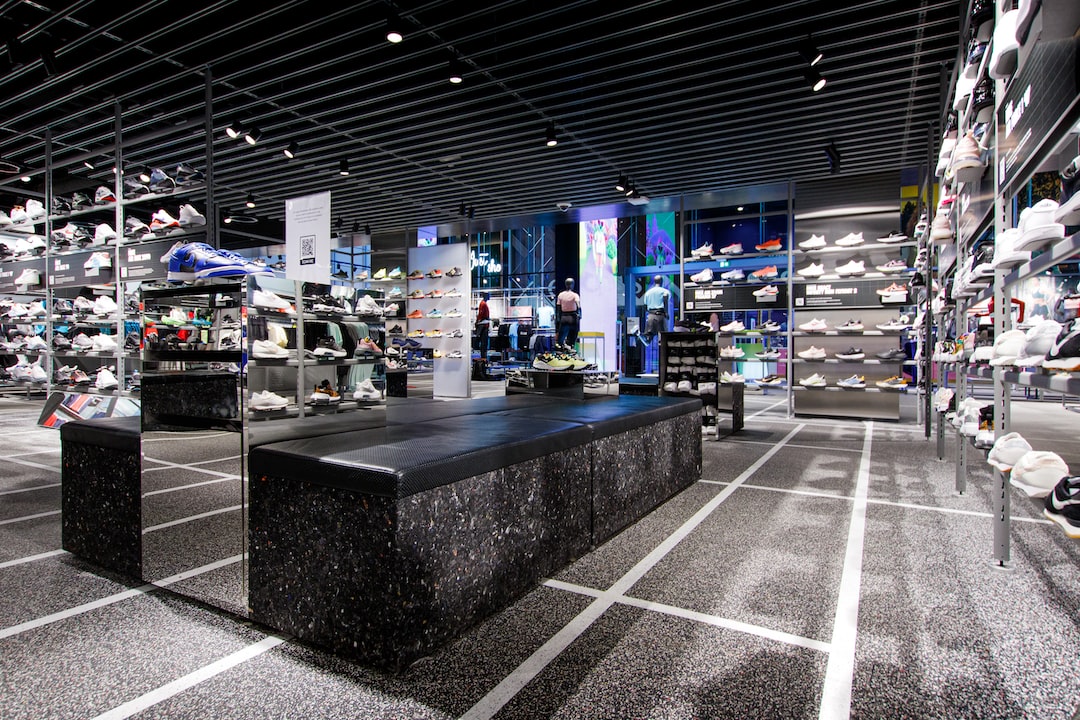The Impact of Sustainable Retail Practices on Consumer Perception
In recent years, sustainability has become a key buzzword across various industries. As environmental concerns and climate change continue to rise, consumers are increasingly focusing on supporting businesses that prioritize sustainable practices. Within the retail sector, companies are recognizing the need to adopt sustainable strategies not only to protect the planet but also to meet the changing expectations of their customers. This blog post examines the impact of sustainable retail practices on consumer perception and how it is driving the industry towards a greener future.
One of the most significant impacts of sustainable retail practices on consumer perception is the establishment of brand credibility and trust. When a retail company actively promotes its environmentally friendly initiatives, it demonstrates its commitment to a cause beyond profit-making. By adopting sustainable practices such as using eco-friendly materials, reducing carbon emissions, or supporting fair trade, retailers are able to build a positive image and establish a reputation for being socially responsible. This, in turn, enhances consumer trust and loyalty towards the brand.
A study conducted by Nielsen found that 73% of consumers globally are willing to change their consumption habits to reduce their environmental impact. This highlights a growing awareness and demand for sustainable products and services. Consumers are now actively seeking out retailers that align with their values and prioritize sustainable practices. By catering to this consumer demand, retailers are able to attract and retain environmentally conscious customers, creating a competitive advantage in the market.
Moreover, sustainable retail practices also have the power to influence consumer purchasing decisions. When given the option between two similar products, consumers are more likely to choose the one that is perceived as being environmentally friendly. Companies that have implemented sustainable practices can leverage this preference to drive sales and increase market share. By highlighting their sustainable initiatives through marketing and packaging, retailers can effectively communicate their commitment to environmental stewardship and capture the attention of conscious consumers.
The impact of sustainable retail practices on consumer perception goes beyond just purchasing decisions; it also extends to brand loyalty and advocacy. Consumers who align with a retailer’s sustainability efforts are more likely to become loyal customers and brand ambassadors. They believe that their purchases are making a positive impact on the world, and as a result, they feel a stronger connection with the brand. These loyal customers not only continue to support the retailer but also spread the word about their positive experiences, attracting more like-minded consumers and creating a ripple effect.
Furthermore, sustainable retail practices have the potential to drive innovation within the industry. As retailers strive to reduce their environmental footprint, they are forced to think outside the box and develop new strategies and technologies. This can lead to the creation of innovative products, processes, and business models that are not only environmentally friendly but also economically viable. By investing in sustainability, retailers are pushing the industry towards a greener future and inspiring other businesses to follow suit.
However, it is important to note that adopting sustainable retail practices requires a long-term commitment from companies. It is not just about greenwashing or engaging in superficial sustainability efforts for marketing purposes. To truly make a positive impact, retailers must incorporate sustainability into their core values and operations. This involves conducting thorough audits of their supply chains, reducing waste, and continuously improving their sustainability initiatives. Only by taking a holistic and genuine approach can retailers truly change consumer perception and contribute towards a sustainable future.
In conclusion, sustainable retail practices have a profound impact on consumer perception. They enhance brand credibility, attract environmentally conscious consumers, influence purchasing decisions, foster brand loyalty, drive innovation, and, most importantly, contribute to a greener future. As the demand for sustainable products and services continues to grow, retailers must prioritize sustainability in order to remain competitive and meet the changing expectations of their customers. By doing so, they not only gain a competitive advantage but also play a vital role in preserving our planet for future generations.

